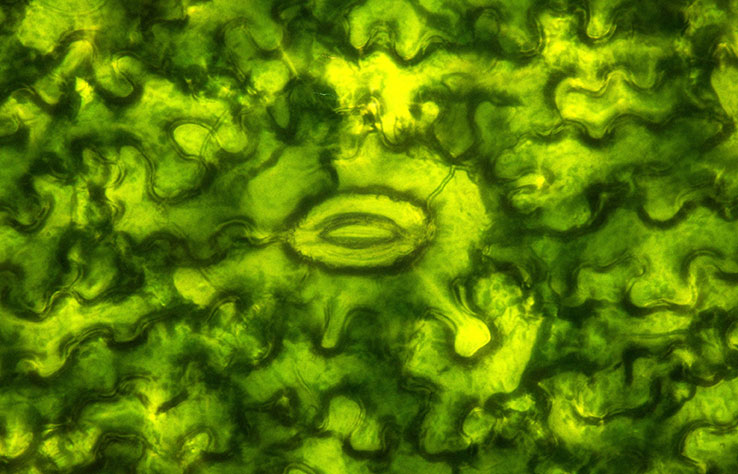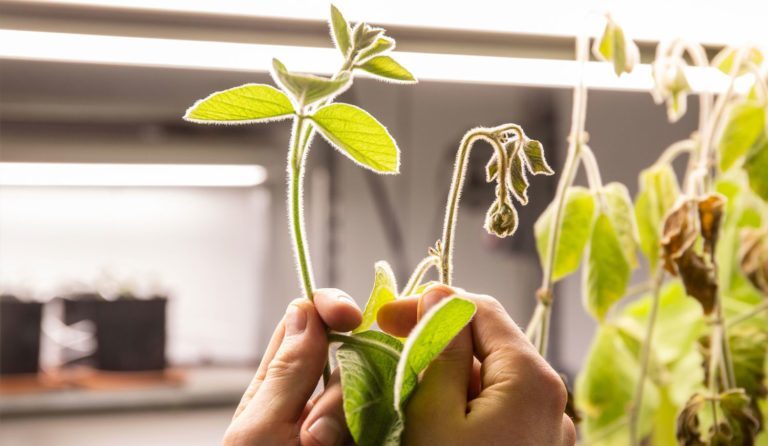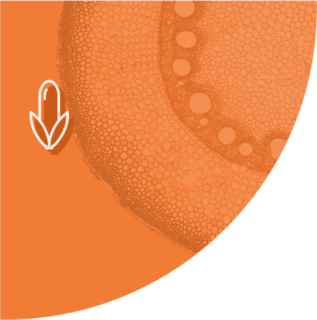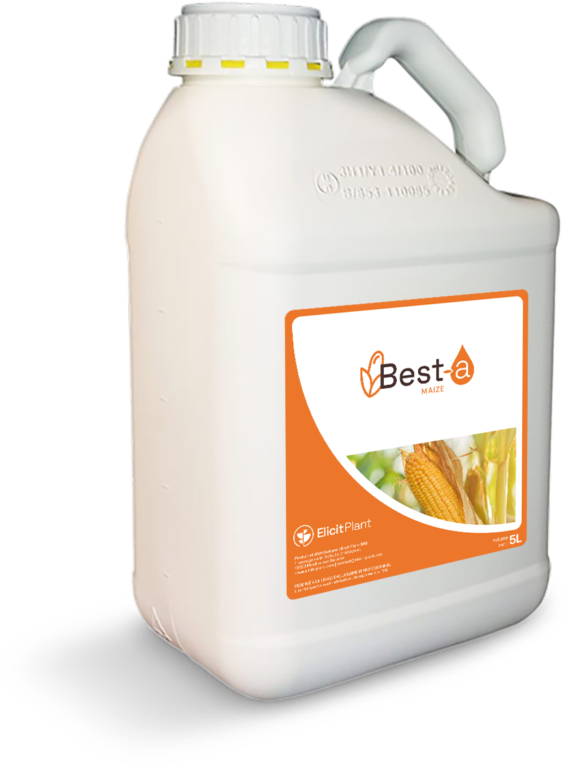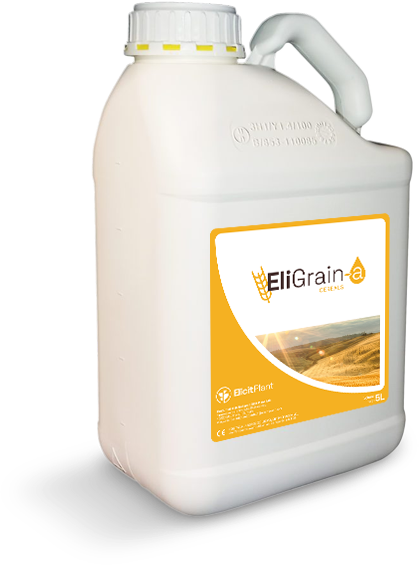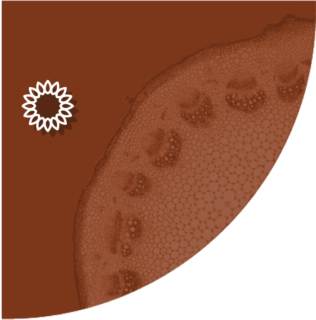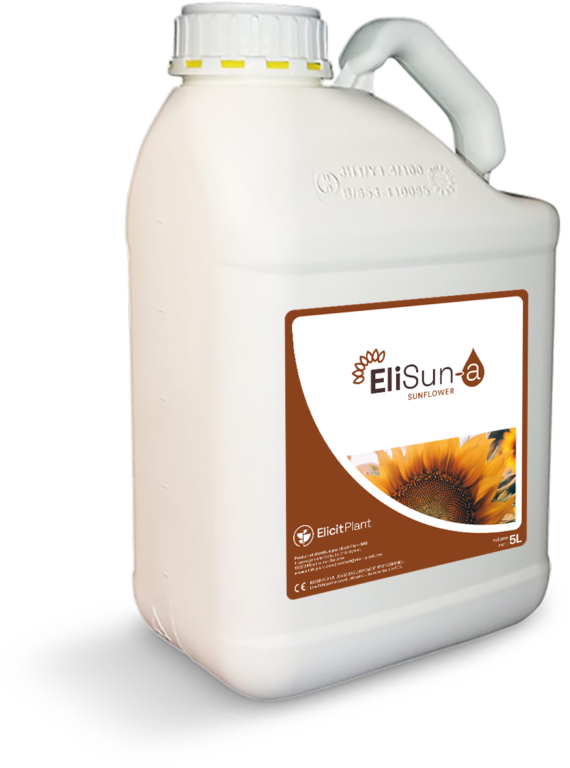According to an American study published in the journal Nature, climate change observed in the 20th century has already reduced global agricultural productivity growth by 21%. Nothing will reverse the trend now. Our planet’s global temperature is increasing and droughts are multiplying on all continents, impacting the broad-acre crops sector a little more each year.
Between 60% and 90% of yield losses are due to abiotic stresses
Different abiotic stresses – particularly lack of water – are responsible for 60% to 90% of crop yield losses. This is far more than insects, diseases or weeds, which are nevertheless the most frequently combated. With billions of revenue lost globally, drought stress management must become a top priority for farms.
What solutions can help to adapt? Penalized by energy costs, water restrictions and conflicts of use, irrigation is no longer a sufficient solution. As for farming practices such as choosing crop varieties that are more resistant to dry conditions, reducing tillage, planting intercrops and cover crops, or changing sowing dates… while they are essential tools, none – especially alone – can work miracles given the sheer scale of the phenomenon.
Phytosterols stimulate plants’ natural defenses
One field of research is still poorly investigated: biosolutions. Elicit Plant has taken this route, providing solutions that help plants anticipate drought and therefore limit its effects. Elicit Plant’s approach is based on the preventive activation of natural plant defense mechanisms. It relies on the action of phytosterols, biomolecules naturally present in plants which act as signaling molecules. Applied to foliage at a specific stage of growth and under specific conditions, these phytosterols trigger a signal for plants to adapt to stress in a preventive way, including the stress caused by lack of water. The plants respond by adapting their metabolism: decreasing water consumption, promoting root development and inducing partial closure of stomata through which evapotranspiration occurs.
Benefits:
- Better resistance during each period of water shortage
- Water consumption reduced by 20% without impact on plant development
- An average 10% increase in yield
The solution requires a single application, which can even be combined with other protective products. As a result, the crops are ‘prepared’ to face a potential lack of water in the soil, even during the most sensitive stages of their development. It is an efficient, easy to implement and quickly available solution that helps farmers secure their yields, working complementarily with traditional agronomic practices.
Effective solutions available for corn, straw cereals, sunflowers and soybeans
Four solutions are currently approved for use on corn (Best-a), straw cereals (EliGrain-a), sunflowers (EliSun-a) and soybeans (EliZon). All have been subjected to numerous tests in farming conditions on large surface areas and on three continents, demonstrating their effectiveness in securing yields and even increasing yields significantly. On all the crops tested, Elicit Plant phytosterols have helped to obtain an average minimum yield gain of 10%.


